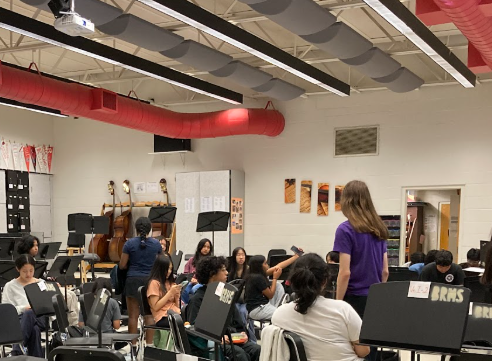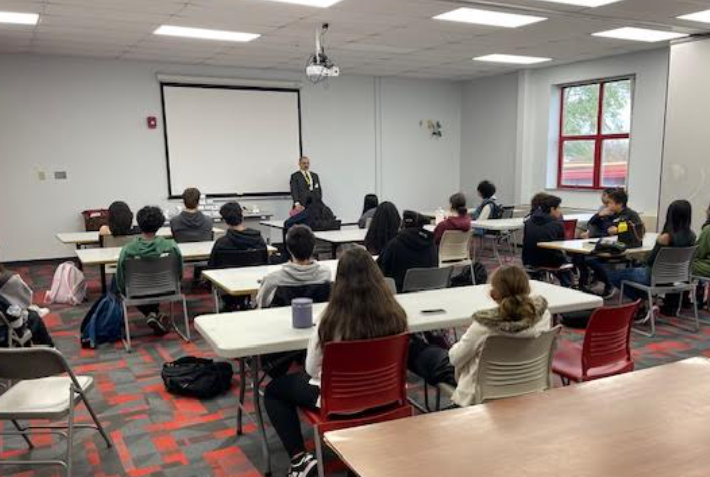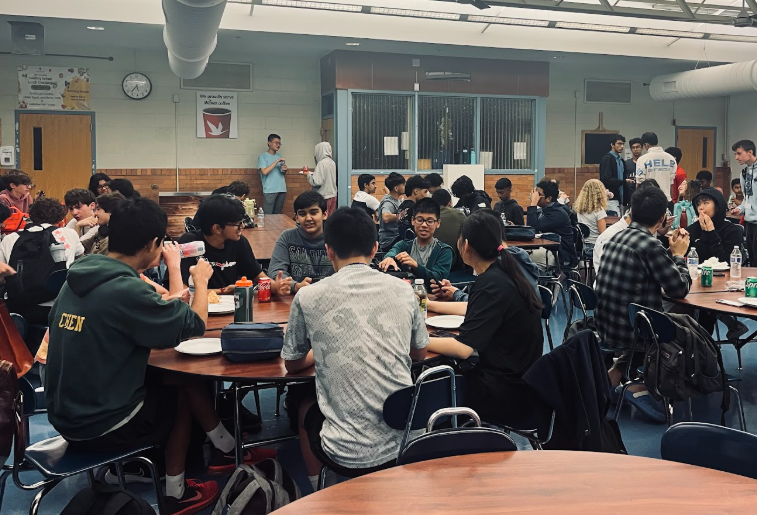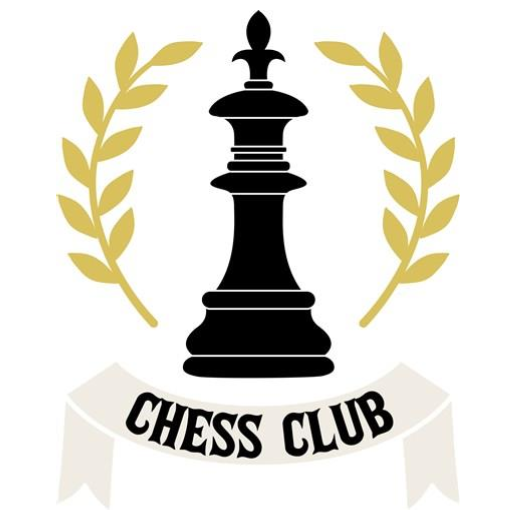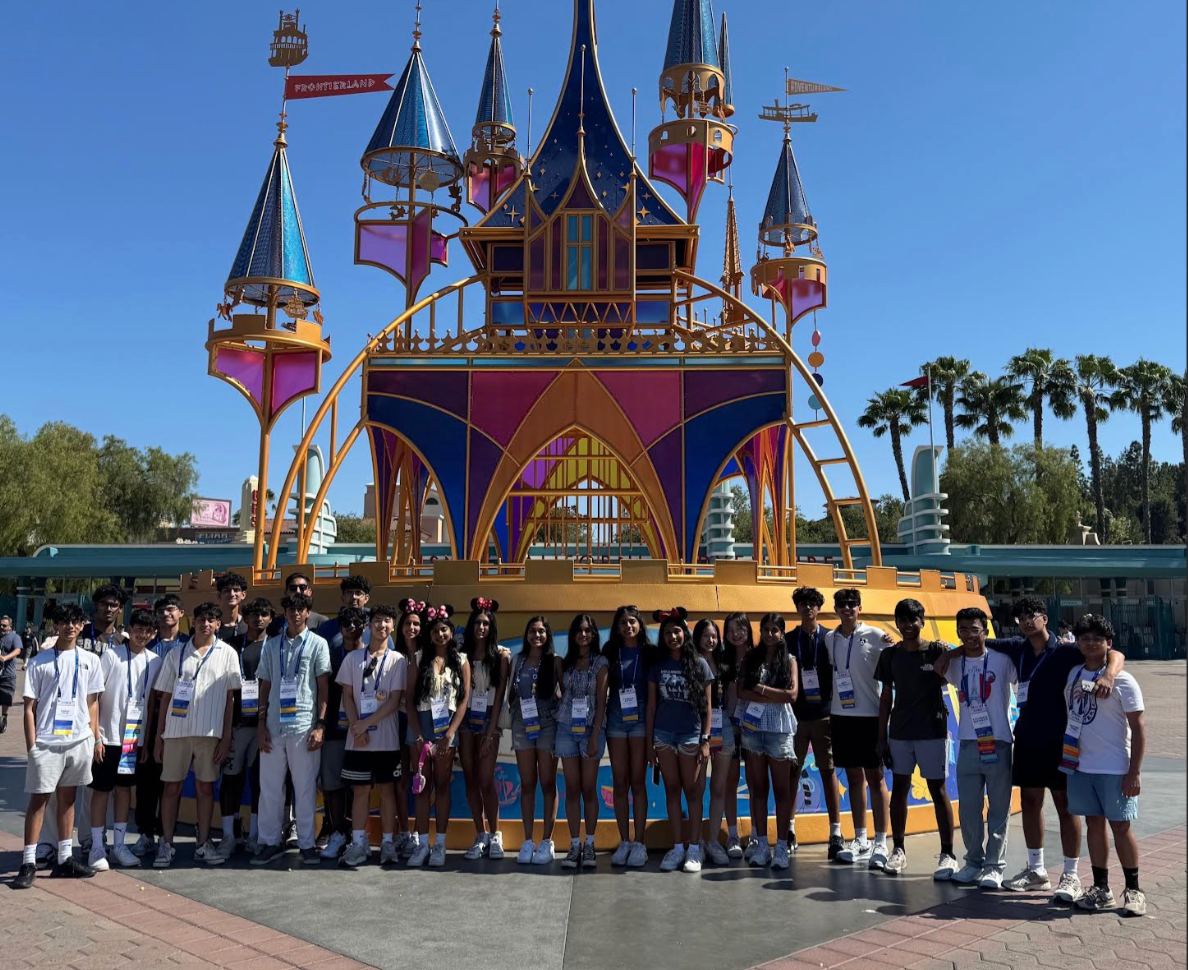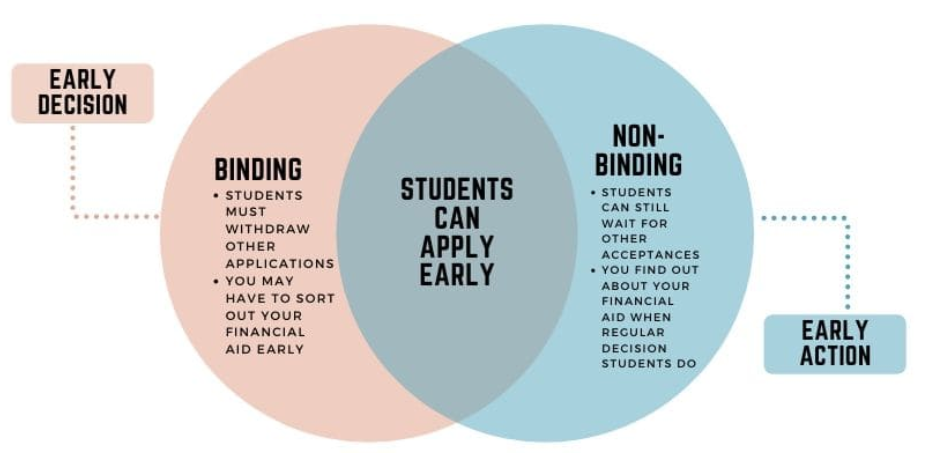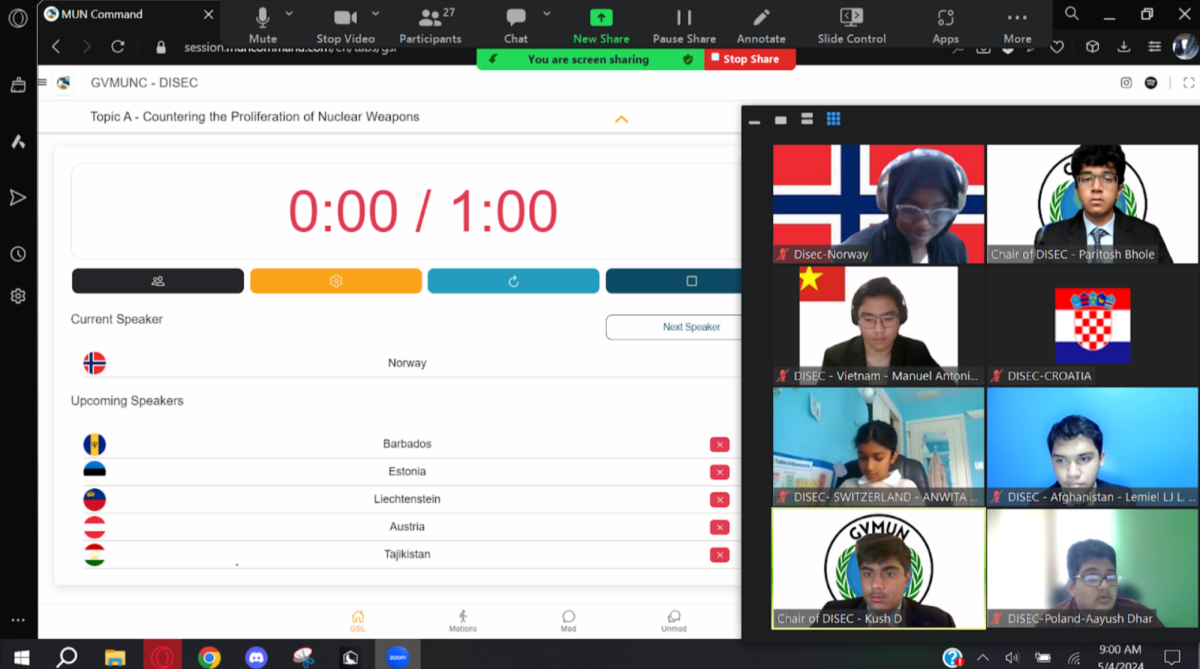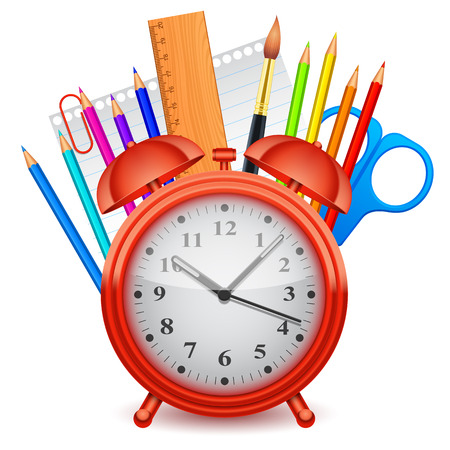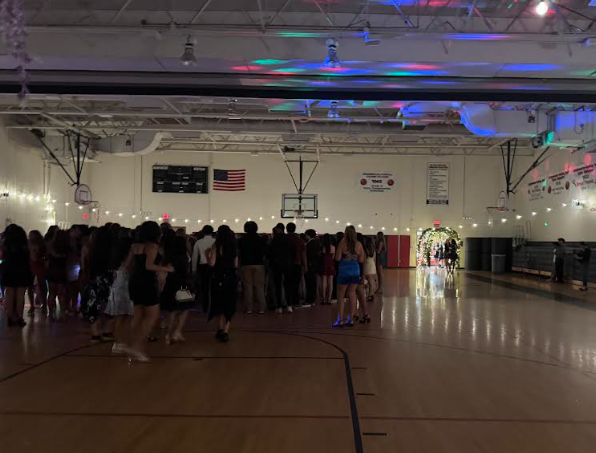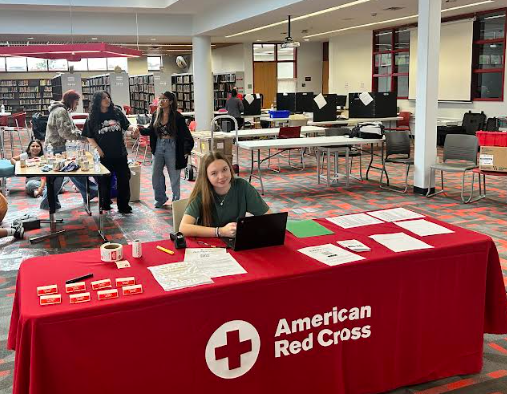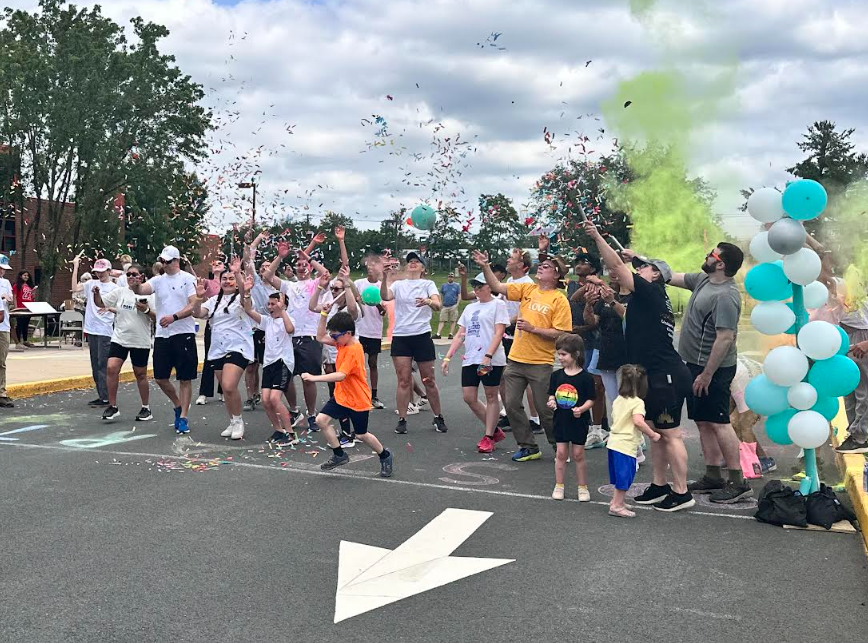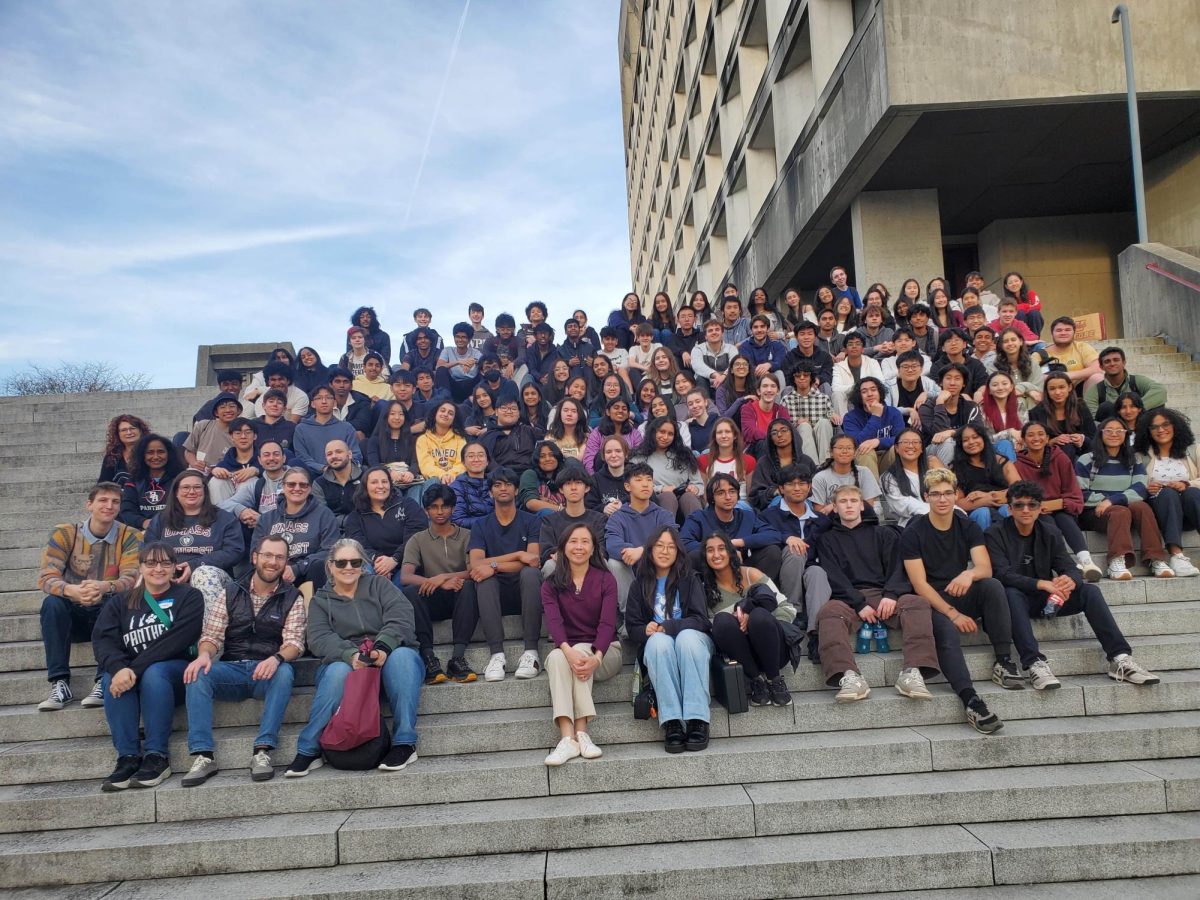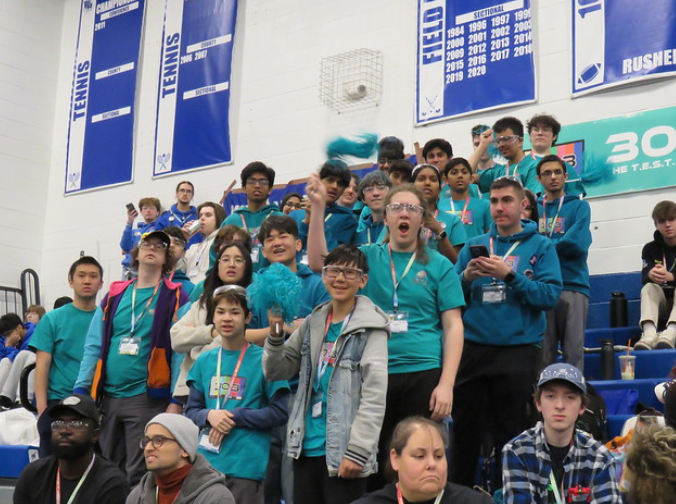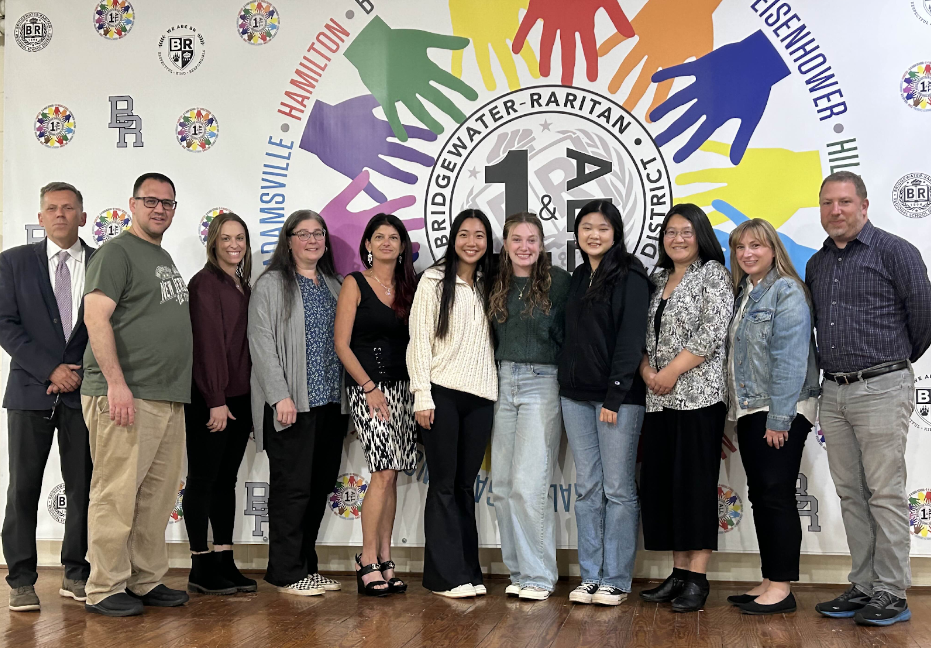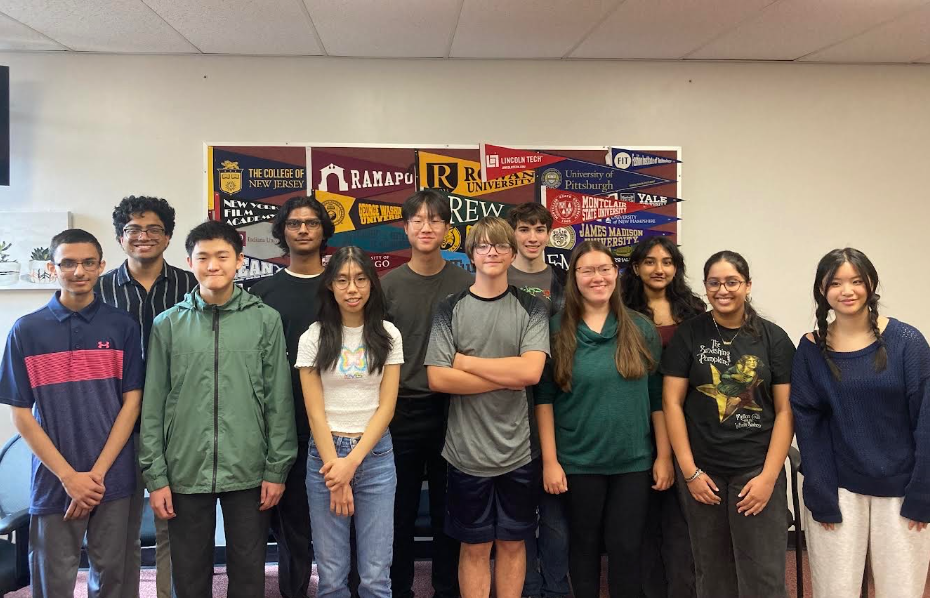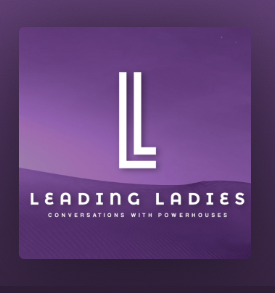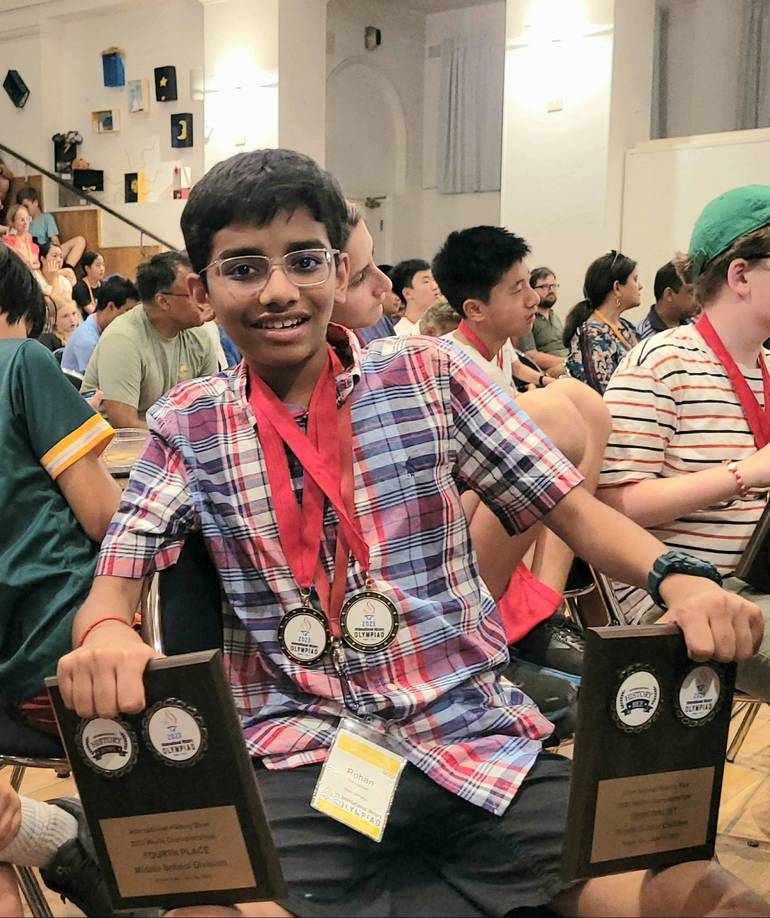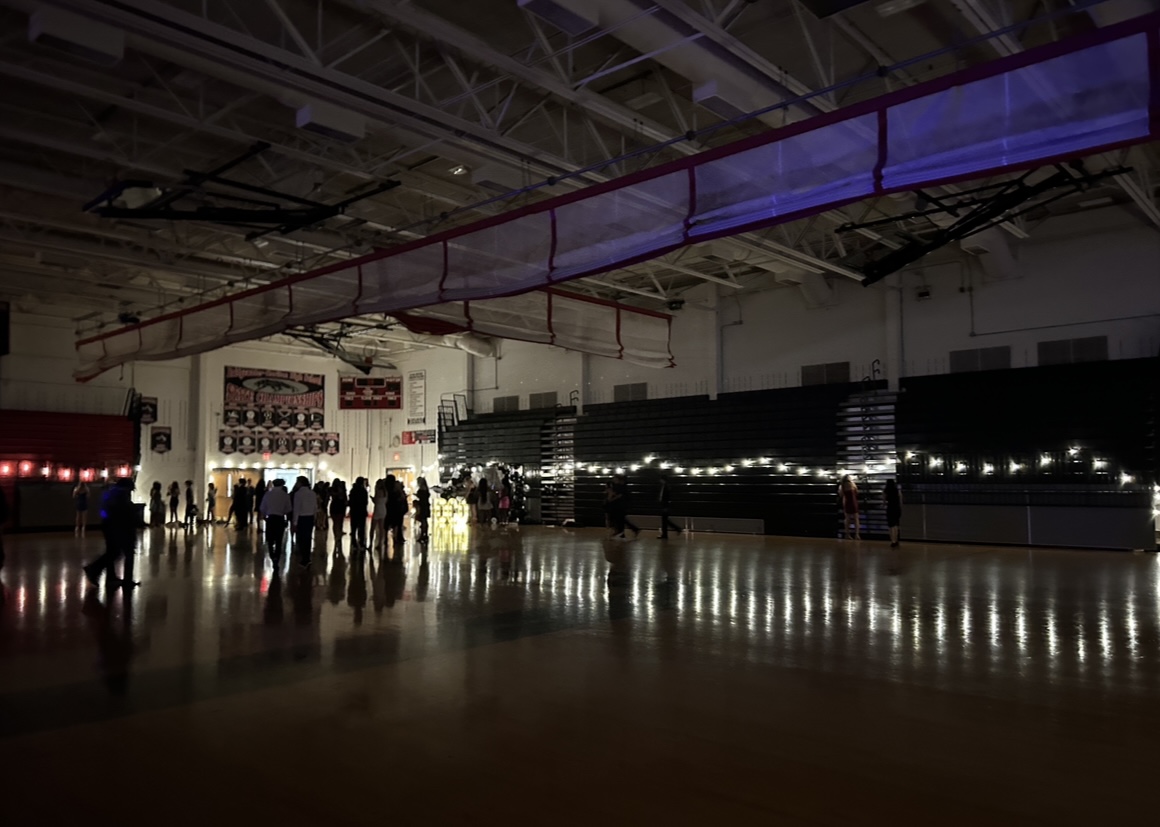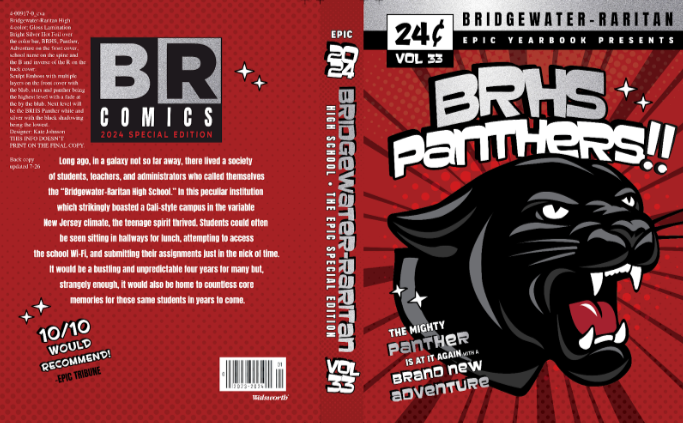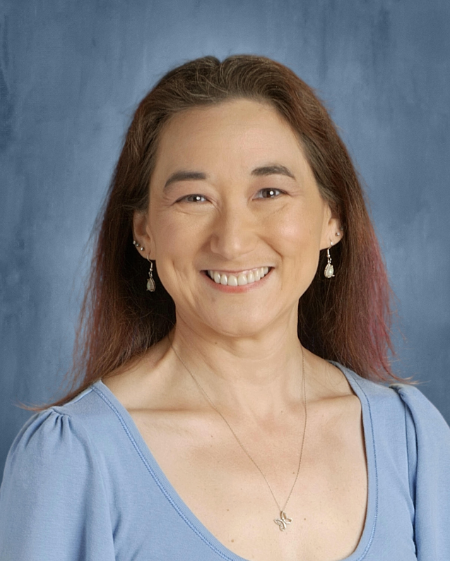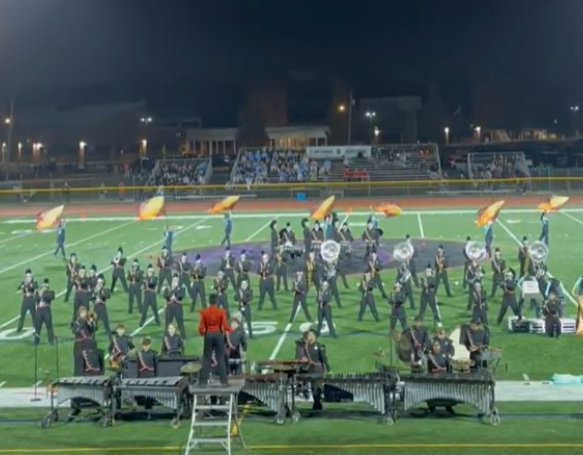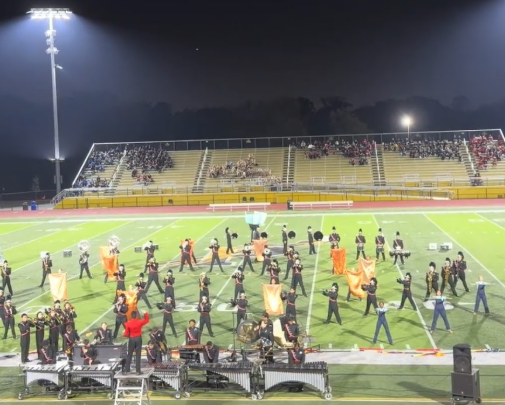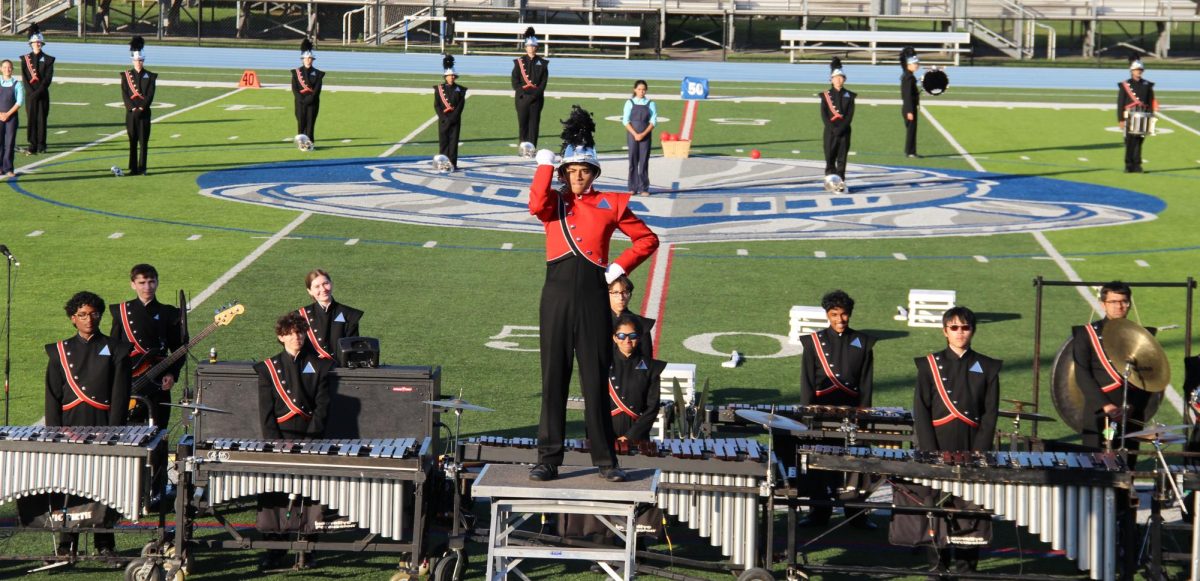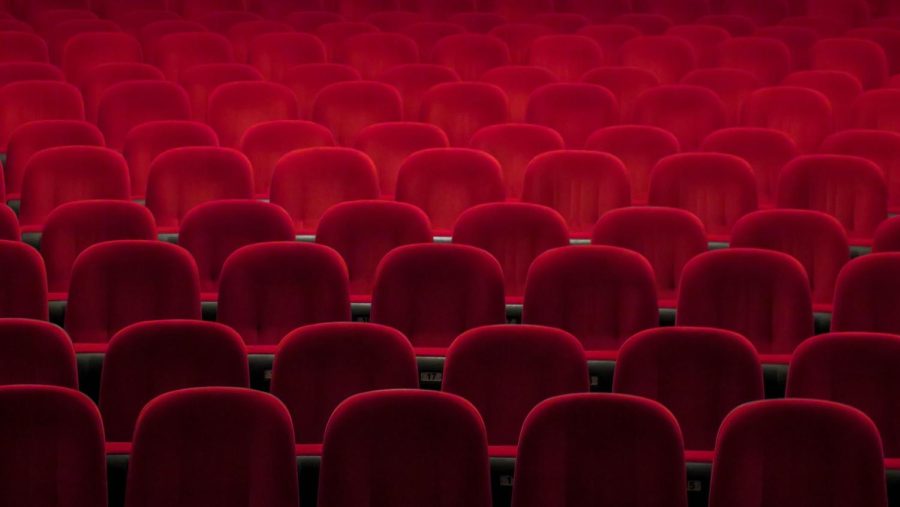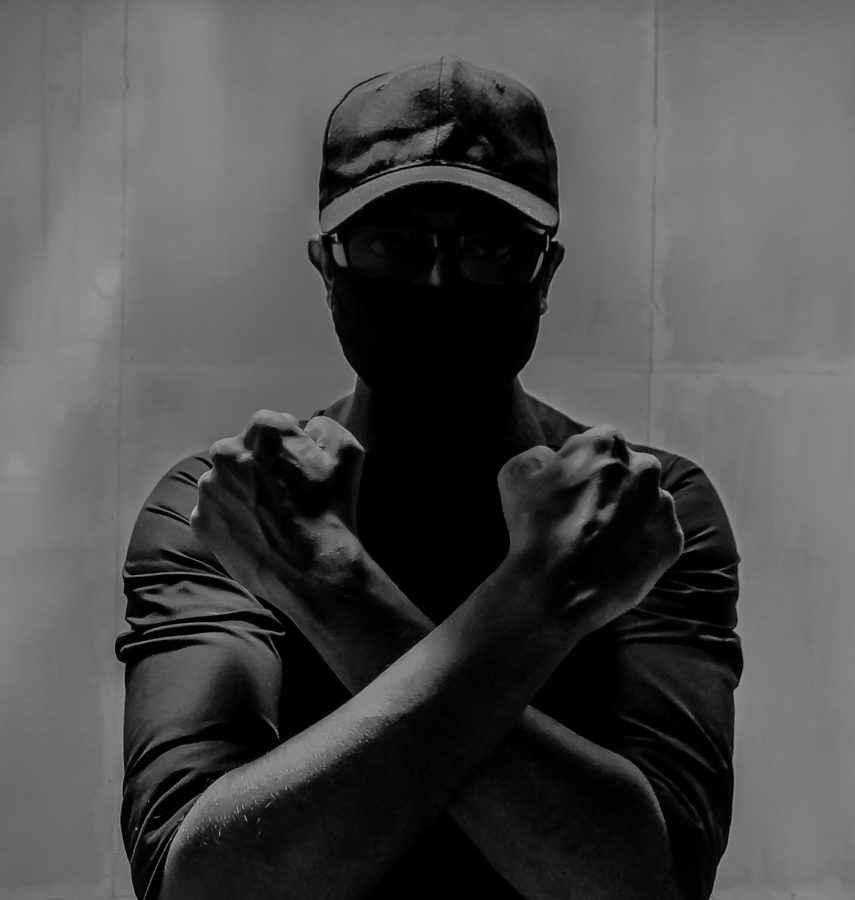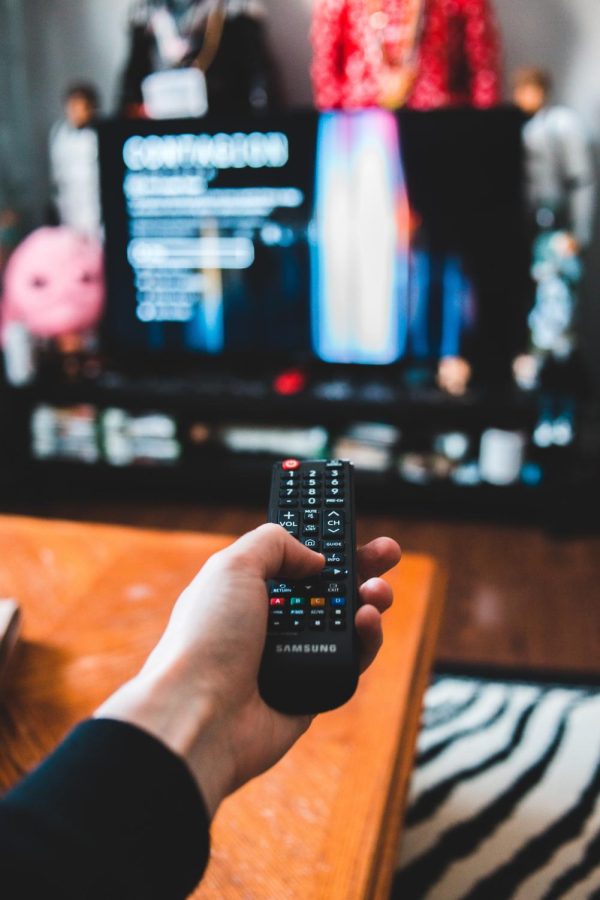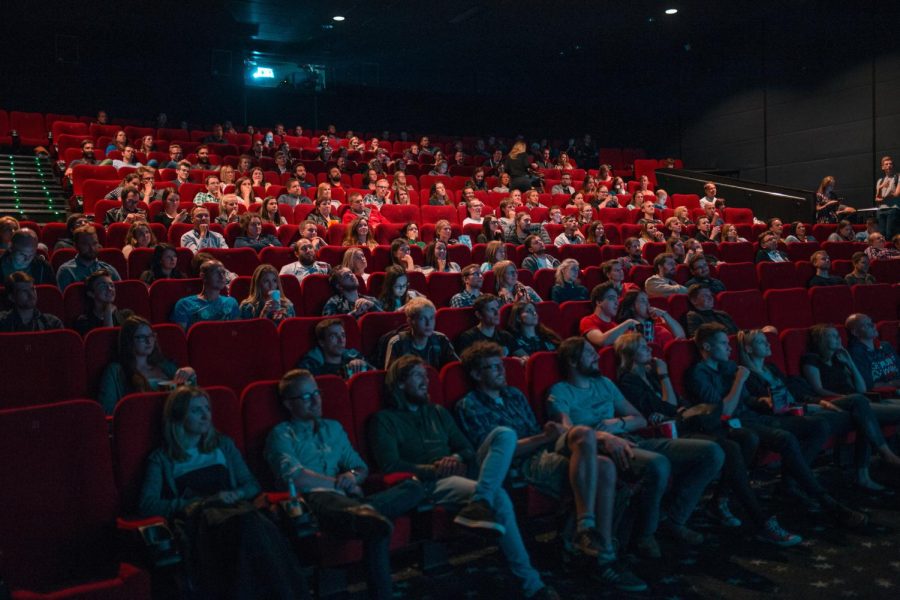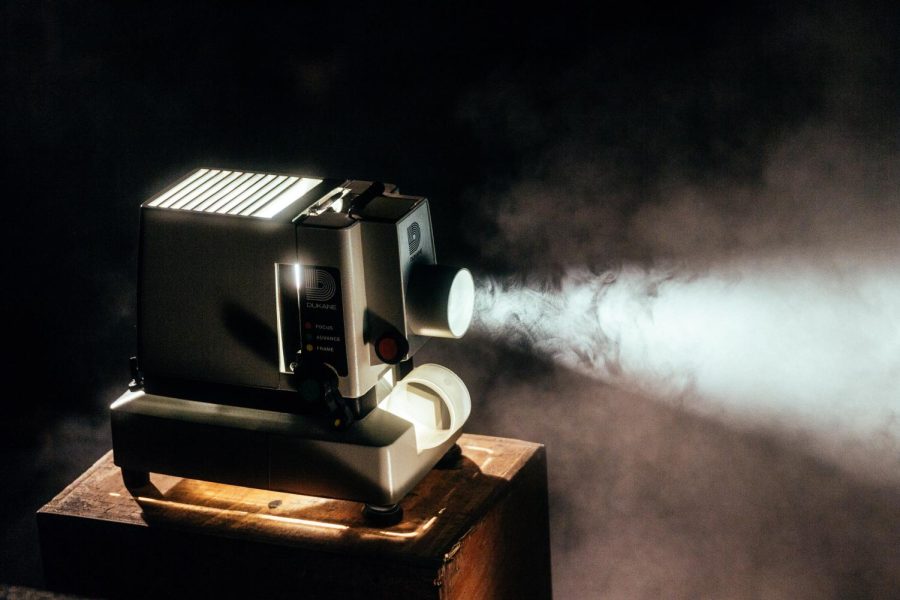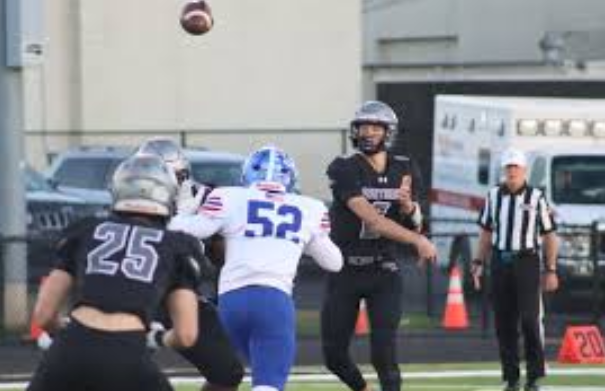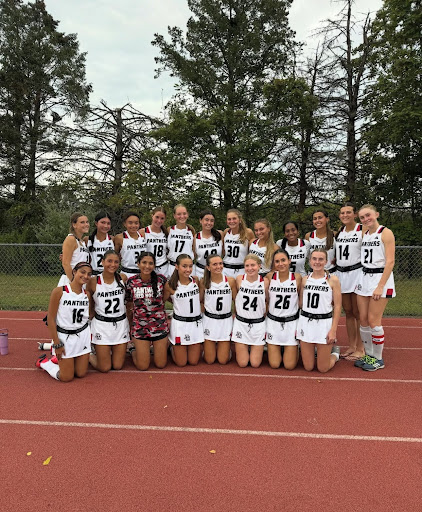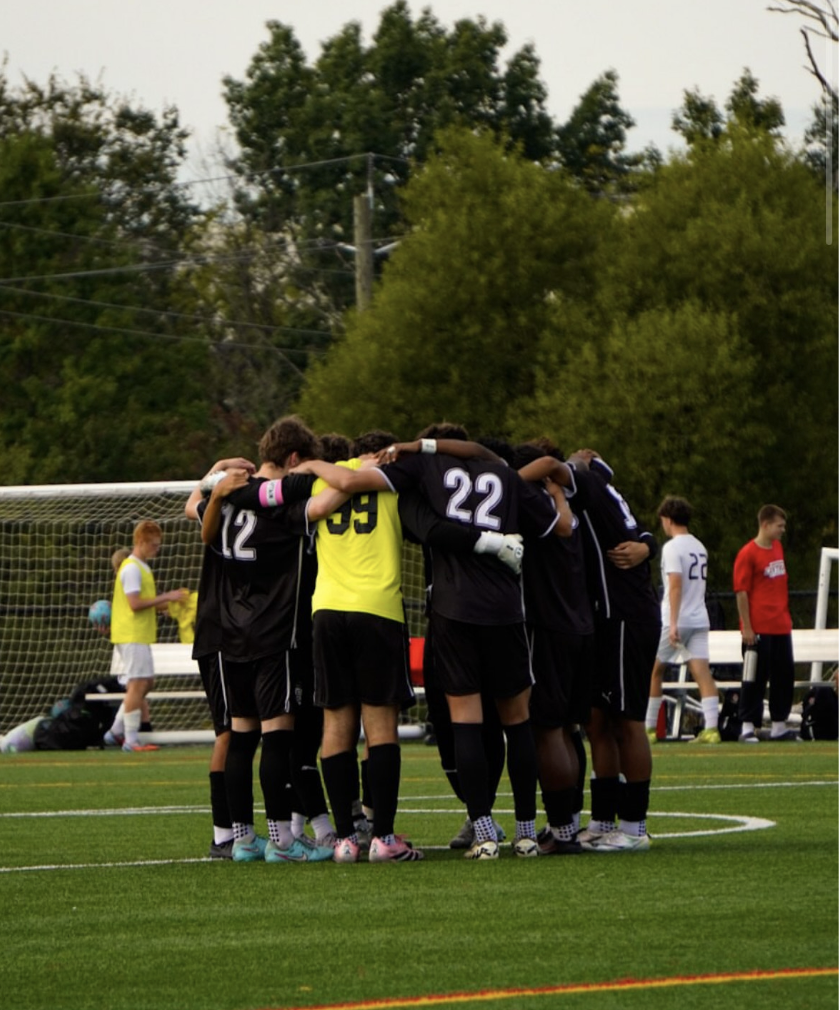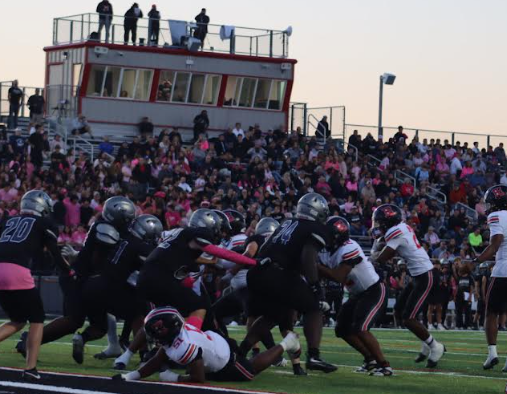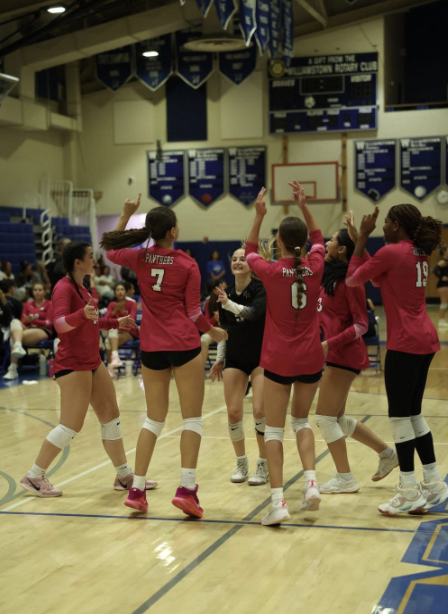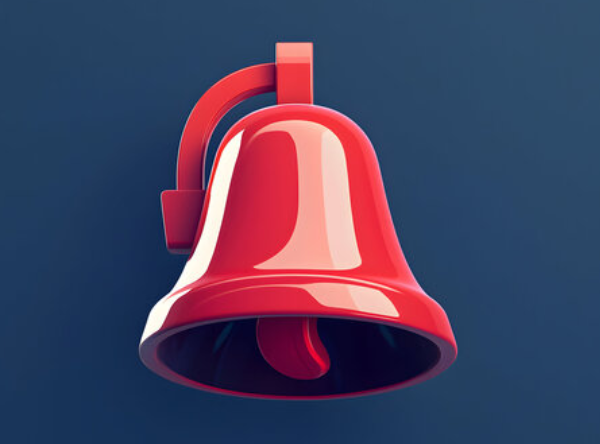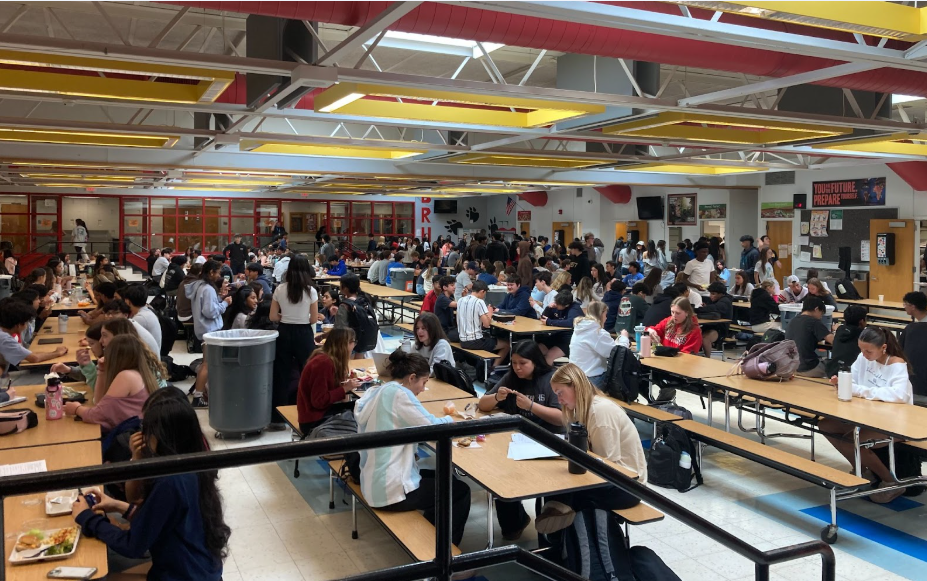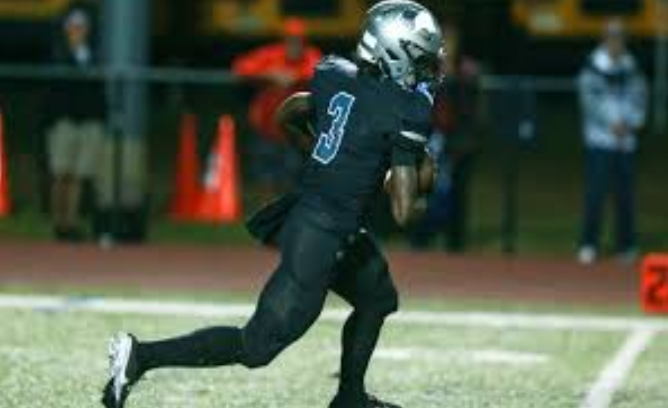Coach Kyle Murphy, also known as Coach Murph, is anything but your typical teacher and coach here at Bridgewater-Raritan High School.
A storied Bridgewater-Raritan High School (BRHS) and Division 1 collegiate wrestler, Coach Murphy is also the brother of an Olympic gold medalist. Currently,
Murphy is serving as a special education teacher and the head varsity wrestling coach and freshman football coach.
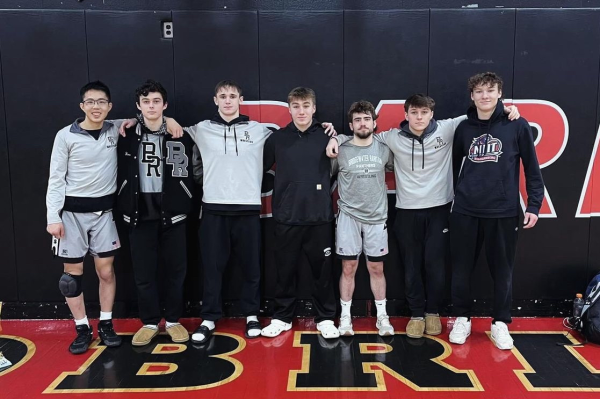
Having recently led the BRHS wrestling team to three straight winning seasons, the Panthers are poised for a successful season, hopefully culminating in a state sectional championship.
Coach Murphy sat down for an insightful conversation with the Prowler about wrestling, football, special education, and more.
Q: A lot of people might not know that you were a Division 1 wrestler at Bloomsburg. What was your high school recruiting experience like?
A: I committed the end of my junior year of high school. I took my five official visits, and I went to Buffalo, Rutgers, Kutztown, Millersville, and Bloomsburg. That’s where I ended up going, Bloomsburg. It was really awesome. It was a cool experience. I had coaches calling me, emailing me, reaching out at tournaments. I got to meet a bunch of different people and see a lot of different schools. And then, I ended up deciding that Bloomsburg was the place that fit me the most. And I decided, I believe at the end of my junior year, maybe the beginning of my senior year.
Q: Was there anything that really swayed you to Bloomsburg?
A: Honestly, it was a lot of academics, too. I also got a small scholarship offer. But, I just liked the team- The camaraderie of the team [because] all the guys around me are still my best friends still today. That was the biggest selling point for me; who was on the team and if I liked the other kids on the team at the time.
Q: Who do you think had the biggest impact on you when you were wrestling?
A: I’d say my dad… My dad (Mike) was a wrestler growing up. He was my coach growing up through the rec. Learning from him and just getting to spend a lot of time with him through all the tournaments in my childhood was great.
Q: Does being a former high school athlete yourself play any role in your coaching?
A: Yeah, I think it makes me understand some of the difficulties. Even with football, like you guys are going to go to school all day and then have to go to practice or then a match and then have to go home and do homework. It’s a tough process for any 14 to 18 year old. So I think that I try to use that to remind myself [that] there’s different expectations for different age groups, so just being there and having recently, I mean, only what, 10 years ago, not even 8 years ago, I was in high school doing the same thing. Just remembering how tough it can be definitely helps me as a coach.
Q: You and your sister (Casey Murphy) both played sports at high levels. What was it like to grow up in a really athletic household?
A: My sister’s a little bit more athletic than me. She’s an Olympic gold medalist (goalie on the US women’s soccer team that won the gold medal in Paris this summer) . But yeah, it was competitive. My parents were both college athletes. My mom (Jill) played basketball at Ramapo. My dad played football at William Patterson. Me and my sister (Rutgers University) both went on to be Division 1 athletes. I always tell this story; in 7th grade I won a youth state title for wrestling. And that year my sister won a national title. So it was hard to compete. She’s obviously a gold medalist, but it helped push us to be better. We pushed each other to compete and get stronger and more talented.
Q: Does coaching freshman football have any influence on how you coach wrestling, or vice versa?
A: I would say not until this year. But this year, yes because it took me a few years to get used to coaching football. Obviously, I’m [from] more of a wrestling background. I only played football for a couple of years, so it is a little bit different. With freshman football, I wanted to make it more fun because that’s what the idea behind freshman football is. It’s a freshman sport. When I’m coaching wrestling, it’s a varsity level sport, so it’s a lot more intense. I enjoy coaching football because I like to have fun with the kids and because when it comes to wrestling season, I can’t really have those relationships as much because it has to be more serious.
Q: What inspired you to become a special education teacher?
A: Going to school at Bridgewater is what inspired me to do that. So I was a PE partner in gym class for Mr. (Jim) Casey junior and senior year at Bridgewater in 2015-2016. That’s when I knew I wanted to do something in that field. I also knew I wanted to be a wrestling coach and now football coach. It happened to work out great that I was at Bridgewater where I went to school, and just being a part of that special-education program and seeing how they were treated as equals at Bridgewater compared to so many other schools where it’s not as fair. I knew that I wanted to continue that tradition and help as much as I could because I found that I really enjoyed it. It ended up being my whole career.
Q: How does being a special education teacher impact your coaching?
A: It’s interesting. I try to hope that it makes me more patient because my students have challenges that no one else really deals with. That being said, I don’t know if that always works out. But I try to be more patient because people deal with things that you have no idea that they’re dealing with; at home or in the classroom and then when it comes to a football field or a wrestling mat, that might be their outlet. So I try to and hope that what I teach and how I teach in a special education makes me more patient as a coach to develop athletes.
Q: Where do you see Panther wrestling in five years?
A: Five years is a big jump from now. I think we’re going to keep growing, really. Since when I became the head coach we had maybe like one winning season in almost 15 plus years. And now we’ve had three winning seasons in a row. Last year we set the school record in wins with 20. I think we’re gonna beat it again this year, honestly. So, my goal[s] would be to, say in five years, see us as state sectional champs for Group 5 and to install a program that is consistent, even if I was here or not here as a coach. You know, something that’s gonna last forever. Wrestling is not an easy sport. Not many people have come out for wrestling and be like, “Yeah, that’s going to be a lot of fun, this is awesome”. So it’s to develop a culture from the recreation programs all the way to the high school. You know, wrestling is really popular in this town because it’s really successful here. And I hope that that’s what I could say in five years: “I built a program that’s going to last for a long time”, like some great coaches have done here already, and kind of use that to go through my career.
Q: What do you think your expectations are for this year?
A: My expectations for this year are really high. I think this is gonna be arguably our best team that I’ve ever coached. And that’s going to be hard to top from last year. We just have a really solid group of seniors and juniors and a really tough lineup. My goals are to break the 20 win record, [to be] top three in the county and also to win our first district title as a school; [that] would be awesome. We have some tough competition. Hopefully, it’s not too lofty of a goal. But just to compete at a high level, get wins, get individual success. But the goal is to always have the team, you know. I think what I’m proud of in our team is that the kids are always really close friends, you know during season and after season. Just because of the relationships they make, just to see that the team is successful and the kids are happy. I think that’s the goal for the season.
Q: How important do you think good coaching is for a young athlete?
A: Well, good coaching is important. I would say leadership is better. Having a good mentor is more important than coaching. As much as I can teach a lot of good wrestling moves, I hope that I instill life lessons, um, because I’ve been there. So I’ve been through a lot of these situations that kids your age, Andrew, deal with just a couple of years ago. So I hope that I have an outlook on life that helps. You guys grow as kids just as much as athletes.
Q: What do you think the most important quality of being a wrestler is?
A: The most important component of being a wrestler is having grit, I would say. Just being tough; facing adversity and not giving up. Things are gonna go wrong, or you might get injured, or you might lose a tough match, or get a bad call from a referee. And then how do you respond? Just showing grit. Being able to respond in a bad situation, and, or a tough situation, and just becoming better. Your goal is to continuously get better.
Q: What do you think the best quality of your team is this year?
A: The best quality of my team is, I would say, consistency… Pride, or respect for each other because we have 14 kids in our starting lineup, and every single one, whether you’re the best or the worst kid on the team, is going to do everything that they can for the next guy up in the lineup, because everybody wants to win. So I preach you know, do it for the next guy or do it for each other, if not for me or yourselves. Because if you go out there and give up, then you’re letting down the rest of your team and no one wants to let down their team. So if we can have that idea, that, you know, “I’m never going to give up because I don’t want to” [or] “I don’t want to let down my teammate”. I think that’s something that we do really well at Bridgewater is no one’s going to go over there and get pinned without trying their best. Because they want to be successful as a team and they want to be. They want to win for each other.
The BRHS wrestling team looks forward to reaching its objectives throughout the 2024-2025 season.

